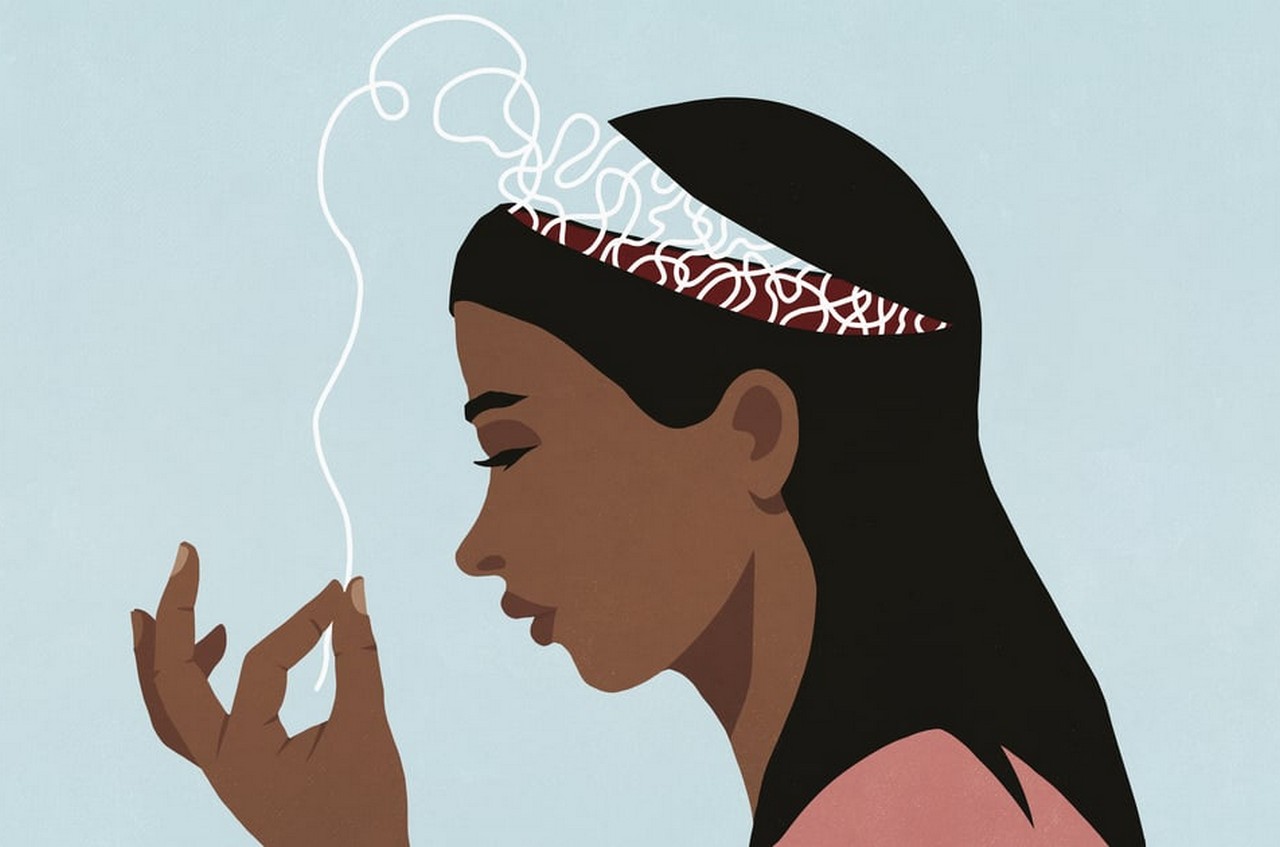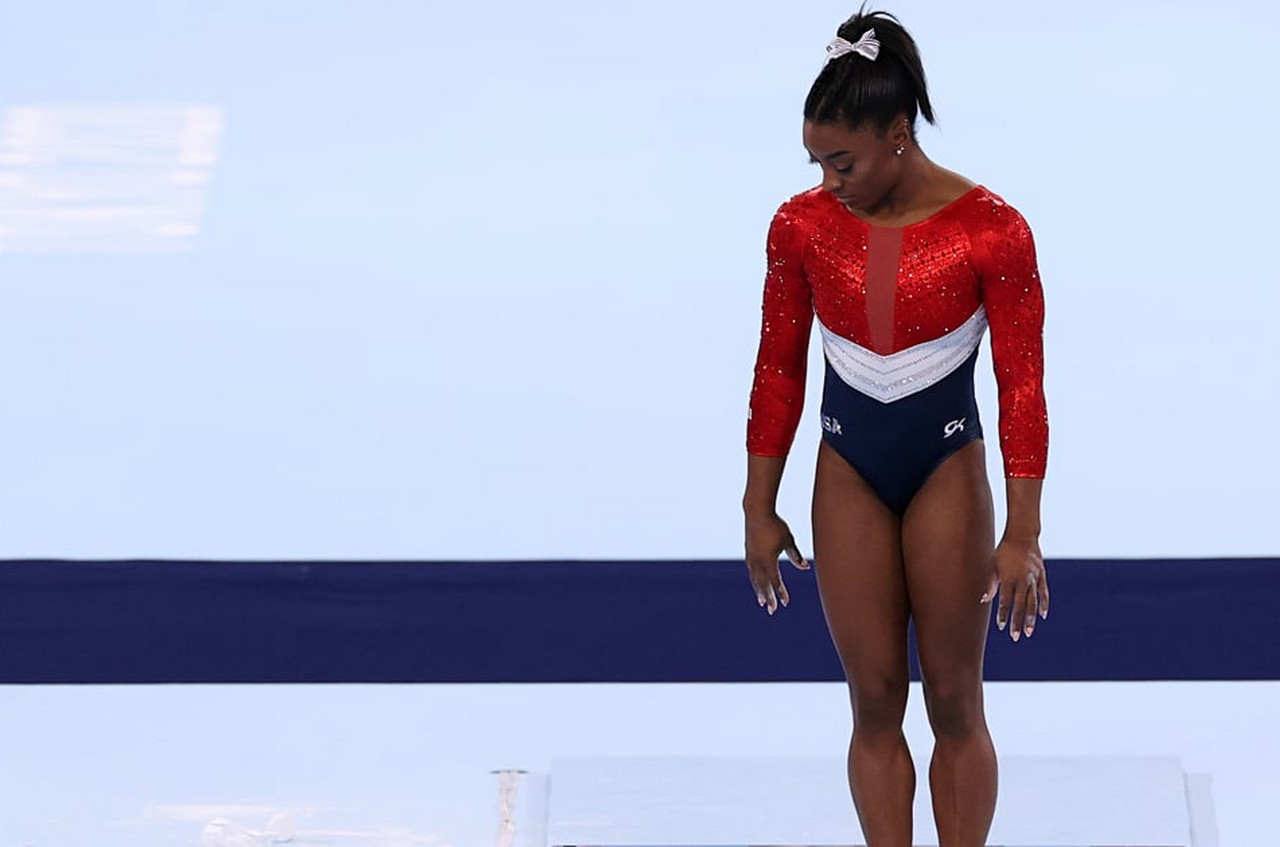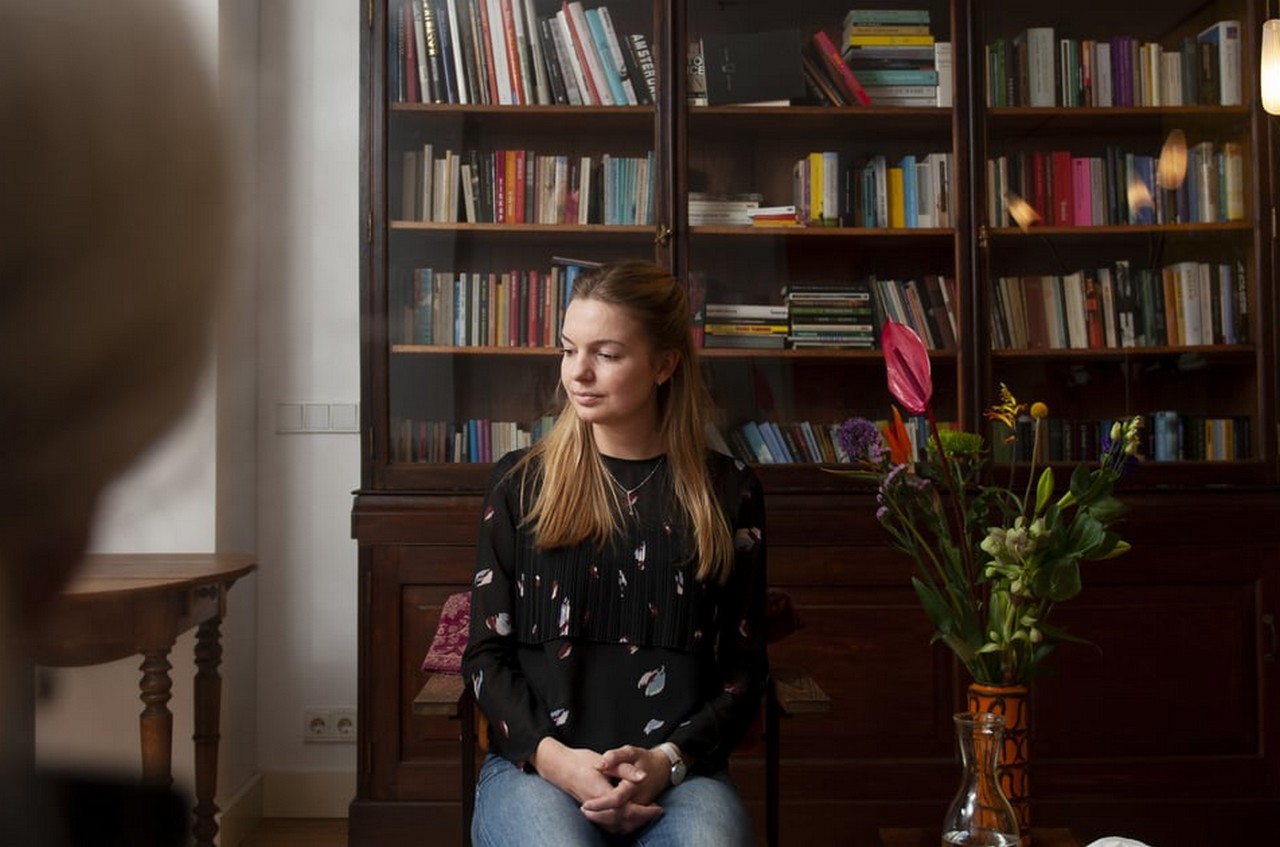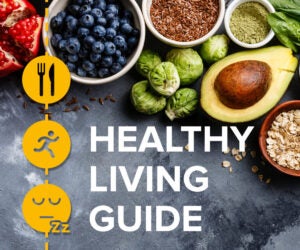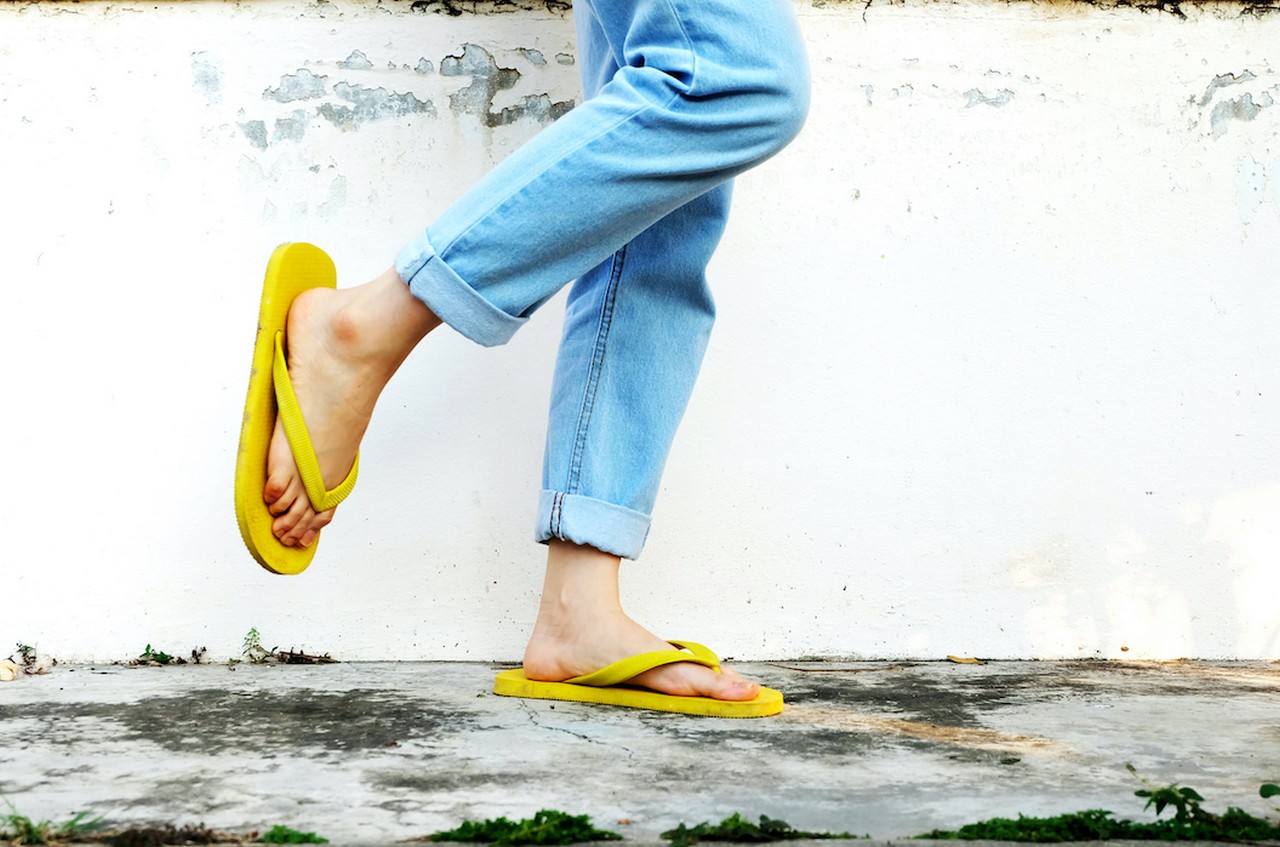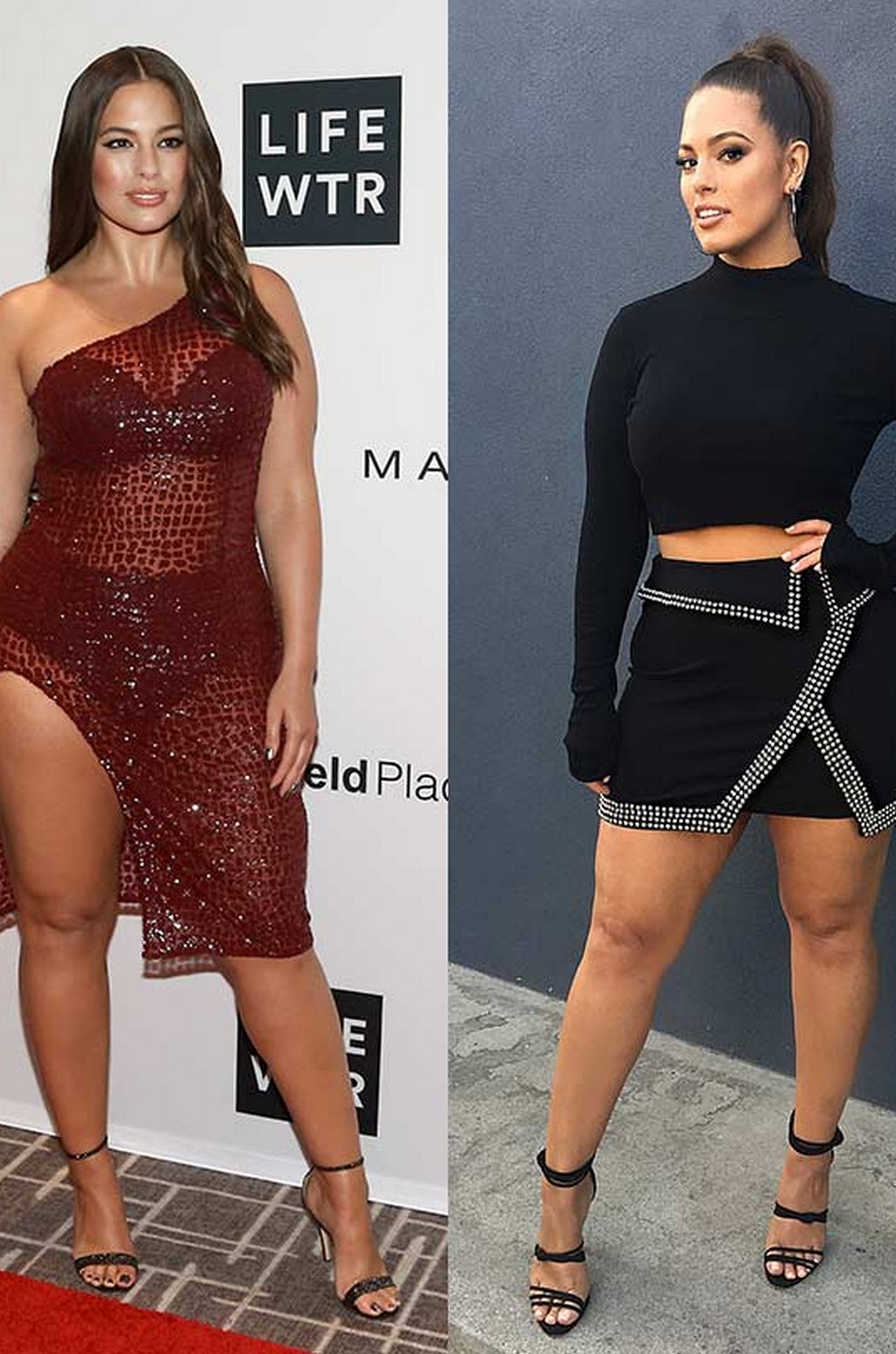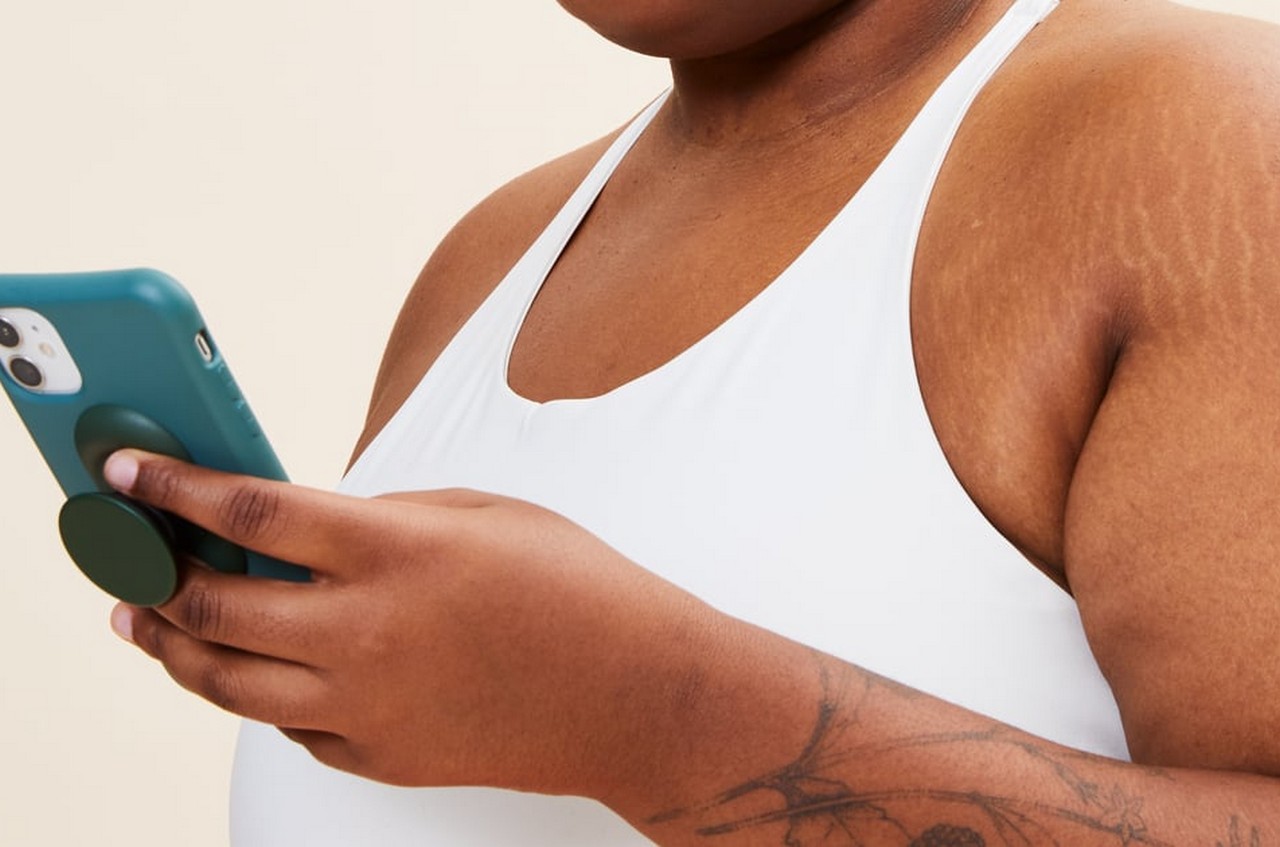
Katelyn Polich, 24, joined TikTok on a whim. But when COVID-19 swept the country and her bartending job was put on pause, she found herself spending more and more time on the app. Among viral dance trends and food hacks, she wound up on ADHD TikTok.
You’ve probably landed there yourself. TikTok videos with the ADHD hashtag have received 10.4 billion views. Many of them involve someone asking if you experience a seemingly mundane list of symptoms (e.g. forgetfulness, hyperfocusing, fear of rejection, daydreaming, zoning out), often followed by an implication that, if you experience any of these, you may have ADHD. The comments section of each video is flooded with feedback like, “this is actually my brain” and “why is this so relatable?”
ADHD is a neurodevelopmental condition that primarily impacts focus and daily functioning, explains Sasha Hamdani, MD, a board-certified psychiatrist (@thepsychdoctormd). “It’s characterized by inattentiveness, hyperactivity, and impulsivity,” she tells POPSUGAR. There are three different kinds of ADHD: inattentive, hyperactive, and combined.
The longer Polich stayed on ADHD TikTok, the more convinced she became that she fit into one of these categories. “They were explaining symptoms, especially with girls and women, that tend to go undiagnosed. And I was like, ‘Man, this really sounds like me,'” Polich says. She’d previously been diagnosed as depressed, bipolar, and having generalized anxiety. She’d tried a multitude of medications and antidepressants. “I never felt like anything helped,” Polich says. After watching hours and hours of ADHD videos, “I just knew inside, this was it,” she says.
And Polich was right. Four months after joining TikTok, she decided to see a psychiatrist who specializes in ADHD and was officially diagnosed. She’s since been receiving specialized treatment and medication for the condition.
While Polich’s experience isn’t rare, it’s not exactly the norm either. Dr. Hamdani tells POPSUGAR that the among patients who come to her because they think they have ADHD from TikTok, “about 50 percent of the time they don’t.” There’s an abundance of misinformation about ADHD on TikTok, she says, and people tend to get attached to a specific diagnosis without speaking to an expert. Both of these factors can contribute to the high rate of incorrect self-diagnoses.
A recent study published in The Canadian Journal of Psychiatry reviewed the top 100 most popular videos about ADHD on the app and found that 52 percent of them could be classified as misleading. For example, 71 percent of those videos misattributed certain psychiatric symptoms as being specific only to ADHD (including anxiety, depression, anger, relationship conflicts, dissociation, and mood swings). Even worse, “None of the misleading videos recommended viewers to seek out a medical, psychiatric, or psychological assessment before attributing these symptoms to ADHD,” the study explains.
Another downside to incorrectly self-diagnosing? You close yourself off to other treatment opportunities and finding the right diagnosis. So many people who come to see Dr. Hamdani are set on being diagnosed with ADHD and wind up disappointed, she says. “I’ve had some patients that are just like, ‘You’re an ADHD specialist, but you’re telling me this is not ADHD? What’s that about?'” she says. “I think it’s important not to get too entrenched in a single diagnosis until you get an opportunity to work it through with a professional.” You may find that a different diagnosis is appropriate, or none at all.
The same is true for specific treatment plans; not everyone who is diagnosed with ADHD, for instance, requires medication. There are plenty of helpful behavioral management techniques and coping strategies you can look up and learn instead, says Dr. Hamdani. “I’m a psychiatrist, and I definitely see that there is a role and a place for medication and pharmaceuticals to treat that [ADHD],” she says. “But at the same time, especially for women and especially for longitudinal care, I’m so much more passionate about building good, healthy habits and learning how to understand your brain, manage your brain, and utilize diet, exercise, and sleep and fill in those gaps so that you don’t have to rely on medication.”
Polich, a recent college graduate, sees how incorrect self-diagnoses could be especially dangerous for students, who may decide to explore self-medicating with a prescription drug like Adderall, which is used to treat ADHD. The medication is “prevalent everywhere” on college campuses, Polich says. But although she says Adderall is widely prescribed and therefore can be seen as “a not-so-bad drug,” it can be abused and is addictive, so it’s crucial that it be used under a doctor’s close supervision, only in cases where it’s necessary. Getting evaluated by a professional allows people to find the most effective and safest ways to manage their symptoms, which may or may not include medication. An official diagnosis also helps you access supportive resources. If you’re in school, an official diagnosis may make you eligible for extended testing times, for instance.
For some, having an official diagnosis has additional, less tangible benefits. “Getting that diagnosis really helped me understand myself a little bit more,” says Rebecca King, MS, RDN, who now works with ADHD clients who experience disordered eating. King wasn’t diagnosed until she was 19 after struggling for years with an eating disorder and day-to-day tasks before learning ADHD was a root cause.
So is there any validity to self-diagnosis? Polich says yes. When she discovered ADHD TikTok, she’d already been in therapy since middle school. “So by the time I was 23, my psychiatrist and therapists are not at the point of supplying me with a bunch of new information. It’s all about, ‘Let’s cope with the feelings you’ve had for 10 years now since clearly they’re not going away and medication hasn’t worked,'” Polich says. But no one ever suggested testing her for ADHD.
That’s likely in part due to the ADHD diagnosis disparity that exists for women.
“For a while ADHD was primarily studied in boys,” King explains. “And because it presents differently, and I think some of the societal norms of what’s acceptable for a boy in terms of behavior and what’s acceptable for a girl, is why some of it gets missed until later in life.”



